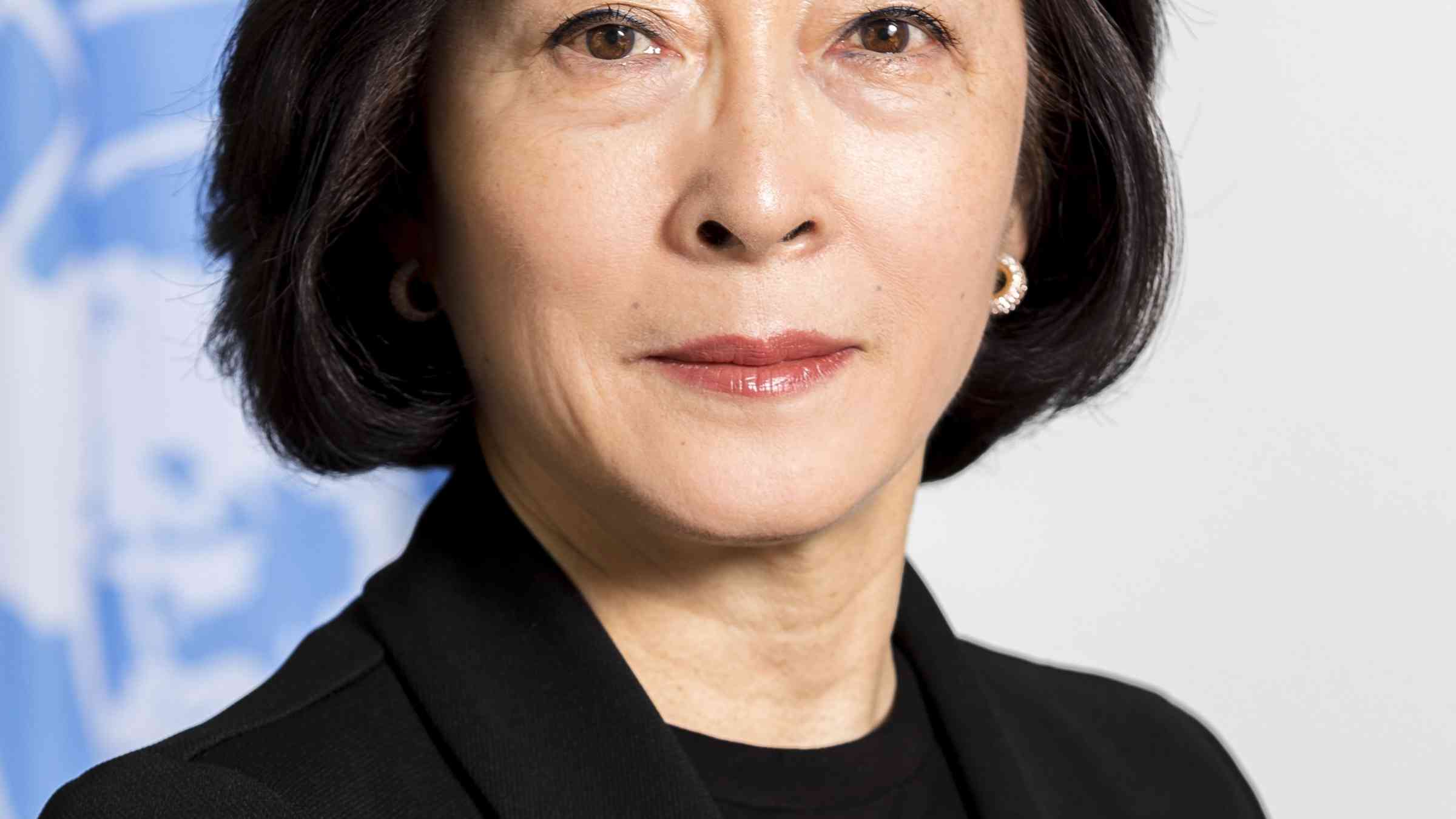SRSG Mizutori Opening Remarks, Regional Office for Asia and the Pacific, International Day for Disaster Risk Reduction Webinar: Disaster Risk Governance in Context of COVID-19

(Check against delivery)
SRSG Mizutori Opening Remarks
Regional Office for Asia and the Pacific, International Day for Disaster Risk Reduction Webinar: Disaster Risk Governance in Context of COVID-19
Tuesday 13 October 2020
Ladies and Gentlemen,
I am delighted to be taking part in this webinar with such an esteemed group of speakers and the hundreds who are in attendance.
We can all easily agree that this is an extraordinary time to be living through. COVID-19 is beyond anything experienced within our living memory.
Long-standing norms have been upended.
The way we live and die.
The way we communicate with each other
The way we work or study. Or cannot work or be educated as is the case for many.
Our lives have been transformed by the COVID-19 pandemic and the restraint it has imposed on human behaviour.
In addition, it is now estimated that this pandemic could cost the global economy some US$21 trillion. Current expenditure on disaster risk reduction pales into insignificance by comparison.
Considering these profound changes, it is only right that we use the occasion of this year’s International Day for Disaster Risk Reduction to ask hard question about our capacity to manage risk.
In many ways Asia and the Pacific is the forge of change when it comes to disaster risk reduction.
Fifty years ago a million people died in a cyclone in Bangladesh, something that would never be repeated today because of the country’s cyclone preparedness programme, an example which many other countries in the region and beyond have followed.
COVID-19 has brought to vivid life the concept of systemic risk.
Cyclone Harold formed off the Solomon Islands earlier this year and rapidly made landfall in Vanuatu, Fiji and Tonga. COVID-19 disrupted the response effort and it was a challenge to ensure social distancing in the evacuation shelters.
The pandemic has also worsened poverty levels across the region and disrupted lives in ways that were unimaginable just 12 months ago.
At the same time, this region has produced some outstanding examples of how strong disaster governance executed with vision, competence, trust and transparency can avoid unnecessary loss of life.
The rest of the world looks to you as thought leaders and innovators not only when it comes to pandemic preparedness but when managing the entire range of man-made and natural hazards which the region is prone to.
There is much pioneering work going on in the region which can inform how we make disaster risk governance fit for the 21st century whether it is managing biological hazards, promoting resilient infrastructure or greater coherence between climate change adaptation and disaster risk reduction.
Good disaster risk governance requires both imagination and common sense, and more than anything it requires strong leadership.
Good risk governance is important because we are in real danger of not achieving the Sendai Framework targets for reducing disaster losses, and we know that nothing undermines sustainable development like disasters.
In a moment you will be hearing about the results of a review, conducted by UNDRR Asia-Pacific colleagues, on DRR governance mechanisms in the region in the wake of COVID-19.
I won’t steal their thunder, but I do want to highlight one point that I believe captures the essence of the challenge we are facing.
Even when countries had in place national disaster risk reduction strategies aligned with the Sendai Framework, they were overwhelmed by the enormity of the COVID-19 pandemic and the ensuing cascade of impacts across society.
We often say that the worst disaster that could happen, has not happened yet.
Let us bear that in mind as we discuss the lessons learned from COVID-19 and seek to understand what is required to strengthen disaster risk governance across the region.
It is really all about good risk governance.
Thank you for your attention.